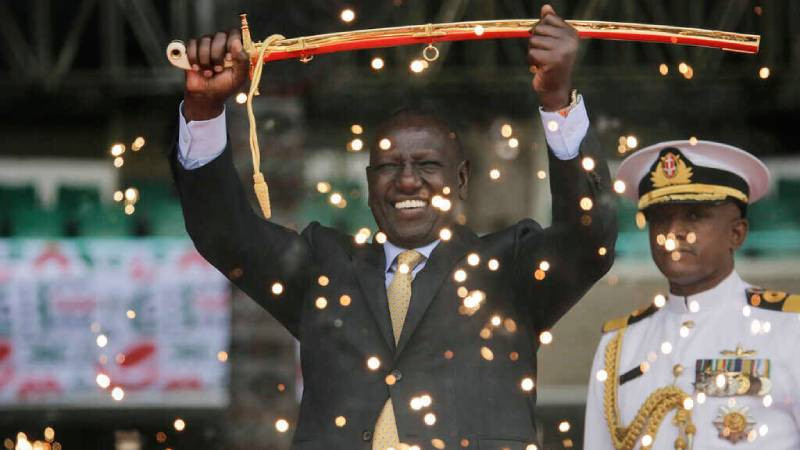×
The Standard e-Paper
Kenya’s Boldest Voice

A story is told in the corridors of power about how Health CS, Mutahi Kagwe, transferred a number of public servants from his ministry during the COVID-19 pandemic.
The civil servants in question never left their workstations. The story goes on to explain that Kagwe believed the people he was transferring were incompetent, corrupt and used to cooking numbers to attract foreign aid, and that they were working for powerful external masters.